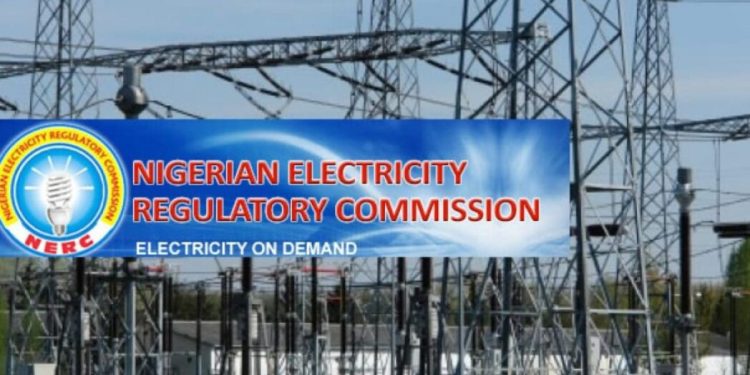The Nigerian Electricity Regulatory Commission (NERC) has announced the commencement of activities to mark its 20th anniversary, celebrating two decades of regulating the Nigerian Electricity Supply Industry (NESI).
In a statement on Thursday, the Commission reflected on its journey since its establishment on October 31, 2005, under the now-repealed Electric Power Sector Reform Act (EPSRA) 2005. The Act has since been replaced by the Electricity Act 2023, which expanded NERC’s mandate in overseeing the evolving power market.
According to the statement, NERC’s 20-year history spans major milestones including the unbundling of the national power utility, the privatisation of distribution and generation assets, and the transition of the electricity market through various operational phases.
“Over the past twenty years, the Commission has championed reforms that foster transparency, accountability, consumer protection, and sustainable growth across the sector,” the regulator said.
To commemorate the anniversary, NERC will host a lineup of events that will bring together stakeholders from government institutions, industry operators, development partners, and consumer advocacy groups.
Speaking ahead of the celebration, NERC Vice Chairman, Dr. Musiliu Oseni, described the anniversary as a moment for reflection and renewed commitment.
“This 20th Anniversary is not just a milestone—it’s a reaffirmation of our mandate to protect consumers, promote investment, and ensure a level playing field in Nigeria’s electricity sector. We remain committed to driving reforms that deliver tangible value to Nigerians,” Oseni said.
The celebration activities will include a technical session with sector experts, a health and wellness programme, and a commemorative dinner in honour of pioneers, former chairmen, commissioners, and deceased staff who contributed to the Commission’s growth.
As the Commission looks to the future, NERC said it remains focused on strengthening regulatory frameworks to support market stability, enhance service delivery, and drive Nigeria’s transition toward a more reliable, affordable, and sustainable electricity supply system.















